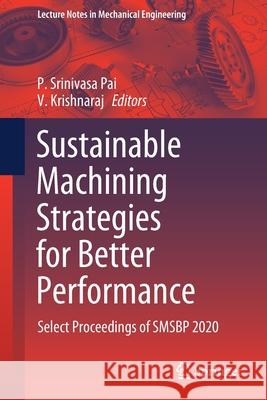Sustainable Machining Strategies for Better Performance: Select Proceedings of Smsbp 2020 » książka
topmenu
Sustainable Machining Strategies for Better Performance: Select Proceedings of Smsbp 2020
ISBN-13: 9789811622779 / Angielski / Miękka / 2021 / 235 str.
Kategorie:
Kategorie BISAC:
Wydawca:
Springer
Seria wydawnicza:
Język:
Angielski
ISBN-13:
9789811622779
Rok wydania:
2021
Wydanie:
2022
Numer serii:
000459769
Ilość stron:
235
Waga:
0.36 kg
Wymiary:
23.39 x 15.6 x 1.35
Oprawa:
Miękka
Wolumenów:
01
Dodatkowe informacje:
Wydanie ilustrowane











